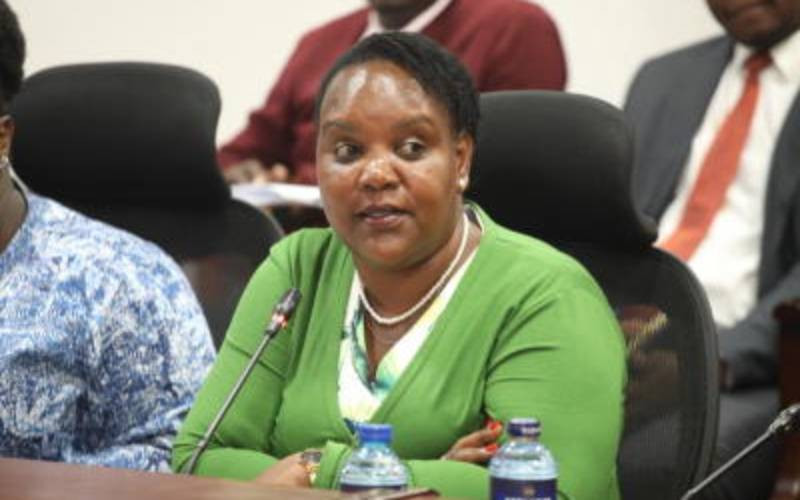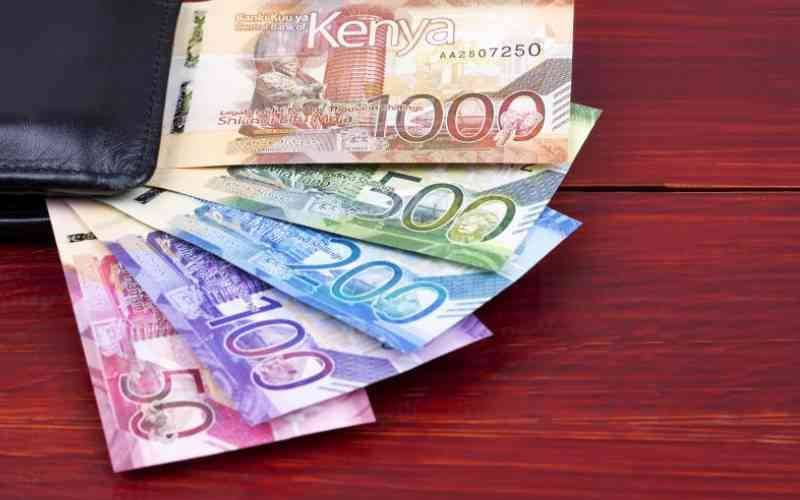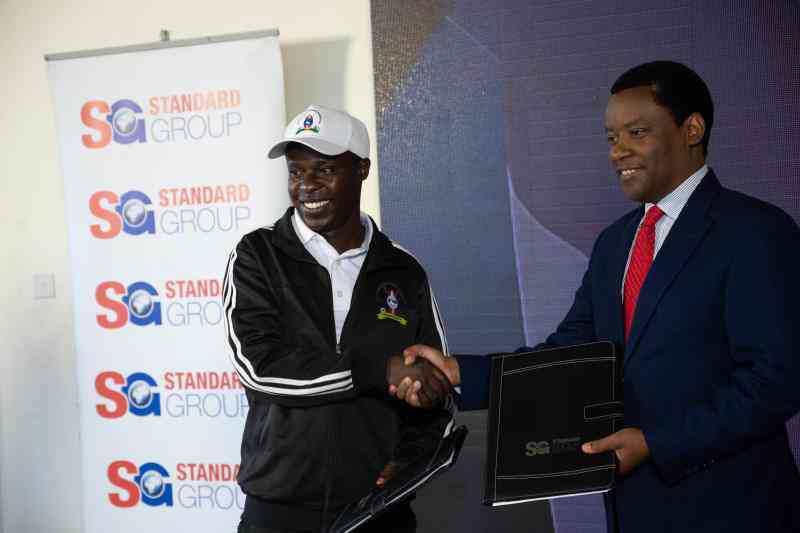By Cyrus Ombati
Nairobi, Kenya: Nairobi Governor Evans Kidero has appointed immediate former mayor George Aladwa as the chairman of Nairobi Water and Sewerage Company.
Aladwa is set to replace outgoing chairman Peter Kiguru whose term has come to an end. A stakeholders’ meeting Wednesday ratified Aladwa’s appointment ahead of the board’s meeting Thursday.
The board will officially elect Aladwa as the chairman before he embarks on his job.
Kidero said he expects Aladwa and the company management team to steer it to a new level of delivery of services to the city residents.
Aladwa who has been in active politics in the city said he was happy with the appointment.
“I will serve the position with all due respect and hope for we will deliver in our mandate,” he said.
The company is a water service provider charged with the provision of the water and sewerage services in Nairobi.
It has an independent Board of 12 Directors constituting of professional individuals drawn from private sector organizations, professional bodies, the NGO sector and the City Council.
The move comes at a time when NWSCO plans to increase the cost of water. It has asked the Water Services Regulatory Board for authority to increase water tariffs in the city.
The Nairobi water firm serves more than 600,000 customers.
It says new proposed tariffs are necessary to improve delivery through a number of investments that will, among other things, aim to achieve uninterrupted water supply by 2016.
The company cites the cost of electricity, water treatment chemicals, pipes, fuels, lubricants, sewers and fittings, which have risen significantly – necessitating the review.
The water firm argued in its proposal the review is necessary because the existing water infrastructure has become unsustainable with rising demand.
If approved, the new prices would remain in place for three years, officials said.
Stay informed. Subscribe to our newsletter
Currently, it uses increasing block tariffs to bill specific categories of customers and they include domestic, commercial, public institutions and schools.
Tariff bands apply to consumers based on how many cubic metres of water they consume.
Reports say the firm plans to invest close to Sh80 billion in the improvement of supply infrastructure in the next three years in a project that includes improving sewerage systems, pipe replacements, customer data clean-up and network mapping.
About 38 per cent of the water supplied by the firm is not billed, a problem that has mostly been caused by illegal connections.
 The Standard Group Plc is a
multi-media organization with investments in media platforms spanning newspaper
print operations, television, radio broadcasting, digital and online services. The
Standard Group is recognized as a leading multi-media house in Kenya with a key
influence in matters of national and international interest.
The Standard Group Plc is a
multi-media organization with investments in media platforms spanning newspaper
print operations, television, radio broadcasting, digital and online services. The
Standard Group is recognized as a leading multi-media house in Kenya with a key
influence in matters of national and international interest.
 The Standard Group Plc is a
multi-media organization with investments in media platforms spanning newspaper
print operations, television, radio broadcasting, digital and online services. The
Standard Group is recognized as a leading multi-media house in Kenya with a key
influence in matters of national and international interest.
The Standard Group Plc is a
multi-media organization with investments in media platforms spanning newspaper
print operations, television, radio broadcasting, digital and online services. The
Standard Group is recognized as a leading multi-media house in Kenya with a key
influence in matters of national and international interest.








